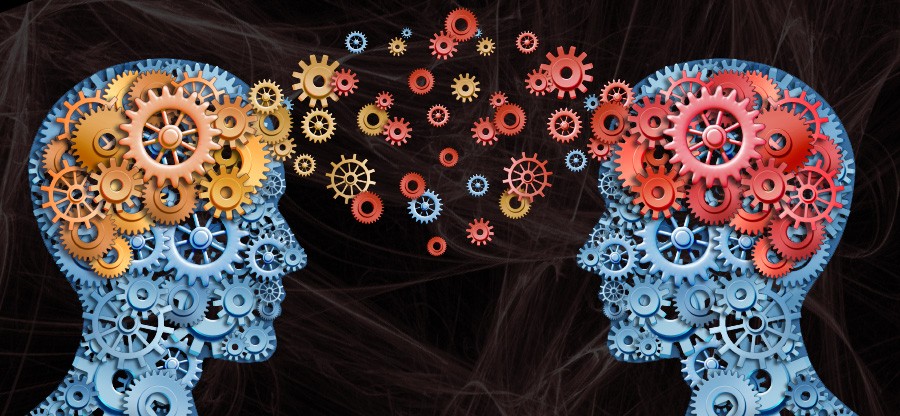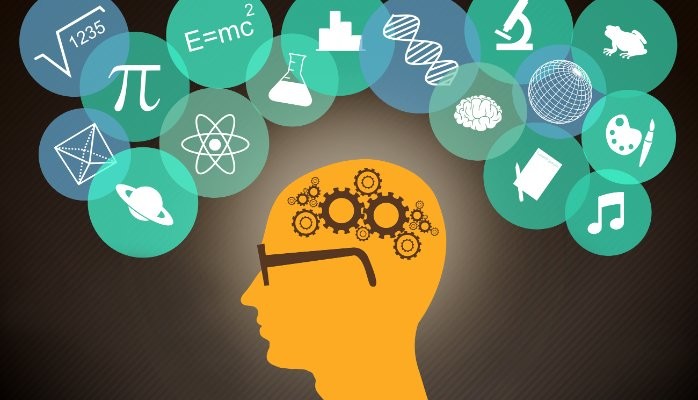Description
Introduction
Psychological and behavioral analysis plays a critical role in Human Resources (HR) and recruitment processes, providing insights into candidates’ personality traits, emotional intelligence, work preferences, and potential for success within an organization. By incorporating psychological assessments and behavioral data into hiring decisions, HR professionals can ensure a better alignment between candidates and the organization’s culture and objectives. This approach helps to reduce turnover, enhance employee satisfaction, and improve overall organizational effectiveness. Behavioral analysis in HR also supports the development of tailored training and development programs, fostering long-term growth and retention.
Prerequisites
Participants should have:
- A basic understanding of HR practices, recruitment, and employee management.
- Familiarity with personality assessments, such as Myers-Briggs, DISC, or Big Five.
- Knowledge of behavioral interview techniques and competency-based assessments.
- Awareness of the role of emotional intelligence (EQ) in the workplace.
- Understanding of HR analytics and data-driven decision-making processes.
Table of Contents
- Introduction to Psychological and Behavioral Analysis in HR
1.1 The Role of Psychological Insights in Recruitment
1.2 How Behavioral Analysis Enhances Recruitment Outcomes
1.3 Benefits of Psychological and Behavioral Assessments in HR - Understanding Psychological Theories and Frameworks
2.1 Overview of Psychological Theories Relevant to HR
2.2 Personality Assessments: Myers-Briggs, DISC, Big Five
2.3 Emotional Intelligence and its Impact on Work Performance
2.4 Cognitive Abilities and Learning Styles in the Workplace - Behavioral Interviews and Competency-Based Assessments
3.1 Principles of Behavioral Interviewing(Ref: Behavioral Analytics for Health and Wellness)
3.2 Developing Effective Competency-Based Questions
3.3 Analyzing Responses to Predict Future Job Performance
3.4 Case Study: Implementing Behavioral Interviews in Recruitment - Using Psychological Assessments in Recruitment
4.1 Types of Psychological Tests: Personality, Aptitude, and Emotional Intelligence
4.2 Selecting the Right Psychological Tools for Recruitment
4.3 Interpreting Test Results and Making Data-Driven Hiring Decisions
4.4 Legal and Ethical Considerations in Psychological Testing - Behavioral Data and Its Application in Recruitment
5.1 Collecting Behavioral Data During the Hiring Process
5.2 Analyzing Non-Verbal Cues and Body Language
5.3 Understanding Candidate Motivation and Work Preferences
5.4 Integrating Behavioral Data with Interview and Assessment Outcomes - Cultural Fit and Organizational Alignment
6.1 Defining Organizational Culture and its Importance in Recruitment
6.2 Assessing Cultural Fit Using Psychological and Behavioral Tools
6.3 Predicting Long-Term Success with Behavioral and Psychological Assessments
6.4 Case Study: Hiring for Cultural Fit vs. Skillset - Predicting Employee Success and Longevity
7.1 Using Psychological and Behavioral Insights to Gauge Candidate Fit
7.2 Forecasting Job Performance and Retention
7.3 Addressing Potential Issues Before They Arise
7.4 Case Study: Reducing Turnover Through Better Hiring Decisions - Behavioral Analysis in Onboarding and Employee Development
8.1 Tailoring Onboarding Programs Using Behavioral Insights
8.2 Creating Personalized Training Plans for New Hires
8.3 Using Psychological Assessments to Identify Leadership Potential
8.4 Enhancing Employee Engagement and Retention Through Behavioral Data - Enhancing Diversity and Inclusion through Behavioral Analysis
9.1 Bias Reduction in the Hiring Process Using Behavioral Insights
9.2 Promoting Diverse and Inclusive Teams with Psychological Assessments
9.3 Measuring and Monitoring Diversity Outcomes
9.4 Case Study: Improving D&I Through Behavioral Analysis - Ethical Considerations in Psychological and Behavioral Analysis for HR
10.1 Privacy Concerns and Confidentiality in Assessments
10.2 Ethical Implications of Using Psychological Data in Recruitment
10.3 Ensuring Fairness and Avoiding Discrimination
10.4 Maintaining Transparency with Candidates - The Future of Psychological and Behavioral Analysis in HR
11.1 Trends in AI and Machine Learning for HR Analytics
11.2 The Role of Technology in Behavioral Assessment and Recruitment
11.3 The Growing Importance of Soft Skills and Emotional Intelligence
11.4 Adapting HR Practices to Evolving Psychological Insights - Conclusion
12.1 Key Takeaways from Psychological and Behavioral Analysis in HR
12.2 Improving Recruitment and Retention with Data-Driven Insights
12.3 The Long-Term Impact of Integrating Behavioral Analysis into HR Strategy
Conclusion
Psychological and behavioral analysis in HR and recruitment enables organizations to make more informed and strategic hiring decisions. By understanding candidates’ personalities, emotional intelligence, and behavioral traits, HR professionals can better align new hires with company culture and job requirements, improving both performance and retention. Furthermore, leveraging these insights throughout the employee lifecycle—from recruitment to onboarding and development—enhances the overall success of talent management initiatives. As the field evolves, HR departments will continue to benefit from data-driven approaches that incorporate behavioral analysis to create stronger, more cohesive teams.







Reviews
There are no reviews yet.